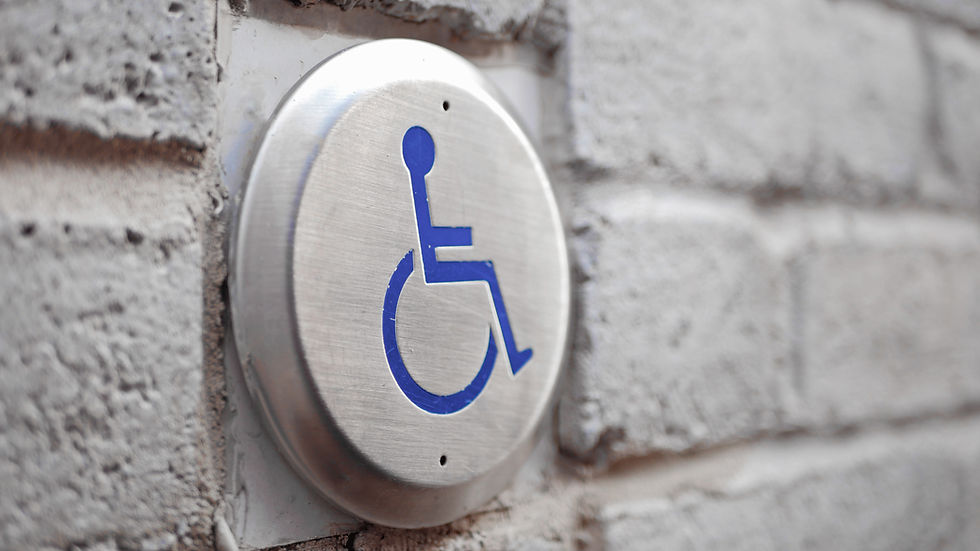Celebrating Juneteenth: Embracing Freedom and Resilience
- Carlita L. Coley

- Jun 16, 2024
- 3 min read

On July 4, 1776, 13 European American colonies severed their political connections with Great Britain, and summarized their motivation for seeking their independence in the Declaration of Independence. After some turbulence, and under the treaty terms that ended the War of the American Revolution, Great Britain finally acknowledged the United States as a sovereign and independent nation seven years later. The United States Constitution was drafted four years afterwards, in 1787, to "create a government with enough power to act on a national level, but without so much power that fundamental rights would be at risk" (wh.gov).
Despite this undeniably monumental shift in American history, not every one in the United States was free. Human trafficking was prevalent, as people from African descent were forcibly removed from their native lands, transported to America and required to work for free without rights or dignity. Slavery existed for another (nearly) 8 decades.
Then, on December 31,1862, the first Watch Night service was held. Enslaved and free African Americans gathered together in churches (and private homes) across the country anxiously awaiting news that would change the course of their lives. At the stroke of midnight, January 1, 1863, then president Abraham Lincoln issued the Emancipation Proclamation, declaring that enslaved people in the Confederate States were free.
Only through the Thirteenth Amendment, which was ratified two years later, did emancipation end slavery throughout the United States.
On June 19, 1865, two years after the Emancipation Proclamation was signed, Union soldiers arrived in Texas to announce the end of slavery. Juneteenth, also known as Freedom Day or Jubilee Day, is a significant moment in American history and serves as America's second Independence Day, as it celebrates the emancipation of enslaved African Americans. This day holds profound meaning for the African American community and symbolizes resilience, freedom, and the ongoing pursuit of equality.
Embracing Our History and Celebrating Freedom
Juneteenth honors the strength and perseverance of those who fought for freedom against insurmountable odds. It is a time to reflect on the struggles and sacrifices of our ancestors, and a reminder of the power of unity and collective action in the face of injustice and inequality. The spirit of African American resilience and unwavering pursuit of freedom and justice throughout history (despite facing systemic oppression and adversity) is inspiring.
Juneteenth serves as a reminder that resilience is a part of the legacy that has been passed down through generations, empowering us to overcome challenges and strive for a better tomorrow. It is a celebration of freedom—a freedom that was hard-won through the struggles and sacrifices of those who came before us. It is a time to honor our ancestors' resilience and courage in the face of unimaginable hardships. We commemorate this day with an expression of gratitude for the gift of freedom, and reaffirm our commitment to upholding the principles of equality and justice for all.
Looking to the Future
The journey towards true equality and justice is ongoing, and Juneteenth serves as a reminder of the important work that still needs to be done. It is a call to action for us to stand together, advocate for change, and build a more inclusive and equitable society for future generations. Juneteenth is a reminder that freedom is precious, resilience is powerful, and unity is necessary in the fight for justice and equality. As we observe this historic day, let us reflect on the journey towards freedom, honor the sacrifices of our ancestors, and recommit ourselves to the ongoing pursuit of equality and justice for all. Happy Juneteenth!



Comments